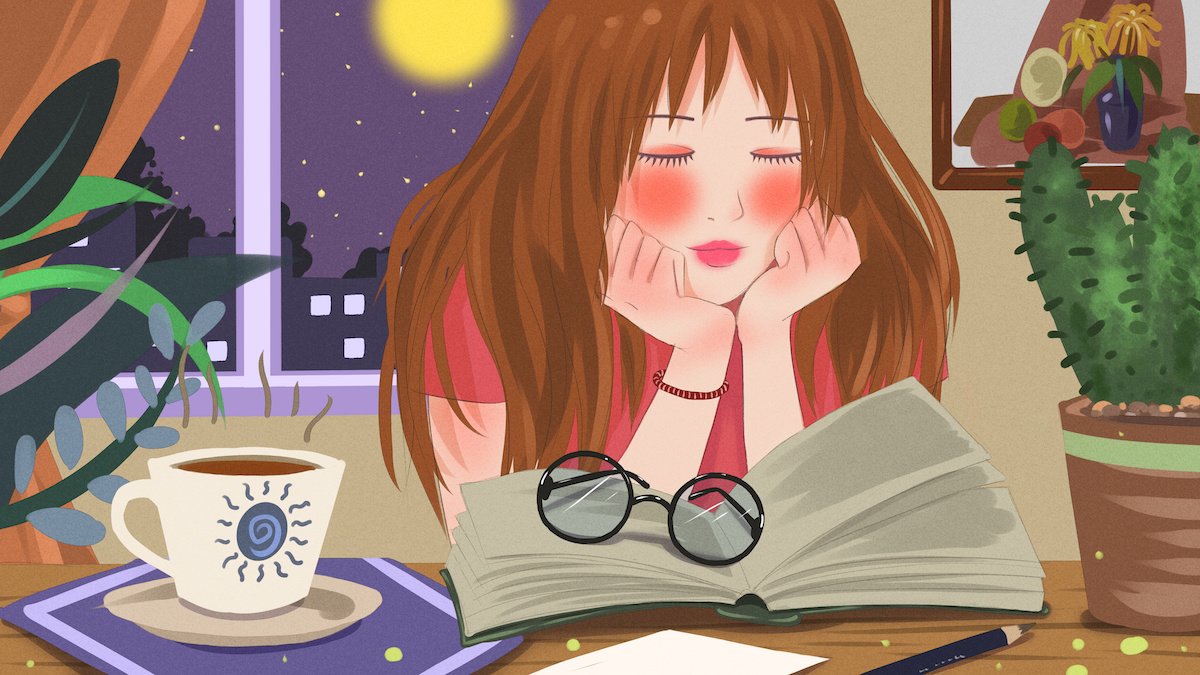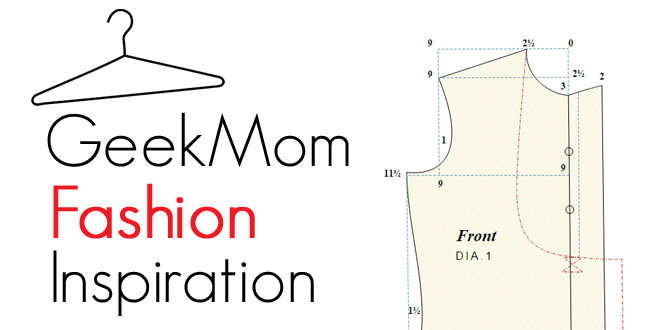
Stress can kill me. Seriously. I have adrenal insufficiency. This means that if I get stressed out by, say, a pandemic that leads me into quarantine worrying about my loved ones while being socially isolated and unsure about my job, my body is unable to cope. The normal stress response that keeps people alive doesn’t work correctly in me and I can go into a medical crisis. Untreated, I’ll die.
However, I have medication I can take. Unfortunately, stress-related medical crises have been happening frequently these past few weeks. Enough that I have begun to worry (not helpful) that if my medication doesn’t work well enough, I’ll have to go into the hospital, and that’s REALLY not a place I want to be right now. I need to be preemptive about taking care of my body. I need to calm the #$@%! down.
So why do you need to know this? Well, stress can hurt you too. If your body goes into the stress response—“fight, flight, or freeze”—this spikes your cortisol levels. Cortisol is a hormone produced in your adrenal glands. Your adrenals sit like hats on top of your kidneys. This hormone floods your body and gives you superpowers to quickly and efficiently keep you alive in times of danger. When cortisol is let loose, every system in your body (ALL OF THEM) reacts to the trigger. Energy is diverted to how to stay alive at the moment, like sprinting away from an attacking dragon, for a geeky example.
Your body decides that the short term benefits of the stress response are more important than regular daily needs. So when the stress response calls, your body answers by altering or shutting down some very important functions like sleep cycles, cell growth and repair, digestion, reproduction, and even mental cognition and emotional response, to name a few. These are not as important in the stress-triggering moment as putting all your energy into making your legs move super fast and your lungs and heart getting as much oxygen as possible during the dragon attack.
It’s a great response. Short term. Long term it is very, very bad. Having cortisol pumping through your system over long periods means all those basic daily functions are being shut down constantly.
This is what is happening to everyone listening to the news several times a day, scrolling through their social media pages, and having conversations about one topic, COVID19, for weeks on end.
This is what is happening to your kids when they have a slow, burning panic day and night about germs.
This is what we all will experience as loneliness becomes more of a pandemic than the virus that caused our societal changes.
I know first hand how long-term over-stress can be detrimental to health. I lived it. For many years I had undiagnosed Cushing’s Syndrome, which means that “fight, flight, freeze” response was happening all the time in my body, even though there wasn’t any obvious threat. Eventually, a tumor on my adrenal gland was found. That tumor was pumping out cortisol 24/7, making me extremely sick and near death. I had surgery to remove the gland and the tumor. But the side effect is that I now am adrenal insufficient.
All this medical stuff is to explain that too little cortisol can kill fast, while too much cortisol over time can make you very, very sick. Both are tied to stress. Cushing’s Syndrome can happen in people who do not have a tumor, instead, they are just experiencing high-stress situations for long periods of time. Like now.
How can you prevent yourself and your family from feeling the negative effects of too much stress? Stop feeding into the stress response. Help your body slow down the production of cortisol. Take regular breaks from listening, reading, talking, and thinking about COVID19.
1. Social media has been shown to negatively affect our mental health, so don’t ramp up your usage of it now. Yes, you need to be aware of new community guidelines, but not every two hours. Once a day is enough to check your local news website for any updates. It may seem logical to find out all the information you can, but that’s not actually helpful on an immediate basis, especially from social media sites that do not have strict protocols against fake news or made-up science. Once a week you can check a reputable news outlet on the latest scientific advice and information.
2. Pick one day a week to take away anything related to the virus. Start your conversations with “Hey! Before we start chatting, I’m taking a break from COVID stuff, so let’s talk about something else.”
3. Have a regular sleep schedule. Check out these healthy sleep tips.
4. Indulge in your escapism. Books? Games? Baking? Painting? Running? Warm baths? There is no guilt in taking your mind off the obvious negatives around you every day.
5. Take care of your body. Eat healthily, but don’t restrict. One of the signs of the long-term stress response is weight gain. If you notice you are getting bigger right now, restrictive dieting will only create more stress, which will make you gain more weight. I know that may seem counterintuitive, but your body is slowing down your metabolism and will get slower and slower the more stressed out you become. Just eat your normal diet and be gentle on yourself. Similarly, exercise is great but don’t ramp it up now. Basically, stick to as normal as you can get. If you used to go to a gym, look at the tons of videos online about home workouts. Yoga is great for reducing stress.
6. Get air on your face. Open a window. Better yet, take a walk. Parks and wild spaces are open. Just give fellow travelers space. Forest bathing is a thing.
7. Meditate. This can help if you have overt anxiety or sleeping issues. Also, its just a nice mental health break. If you are new to meditation, check out Insight Timer or other helpful apps. Meditation with your kids will help them destress.
8. If you live with people, get physical touch every single day. 20-second hugs can reduce anxiety. Remember that for your children too. Pets are wonderful for giving physical affection as well. If you live alone, remember that your own touch is powerful: rub your own feet, stroke your hair, place your hands on your bare belly, hold your own hand. This may seem silly, but hey, no one is watching. Utilize your senses to reduce stress.
9. Socialize as you are able. Eat family meals, even if its a virtual screen with someone at their table. Linger. Chat. Where else are you going to go? Maybe play a board game in person or a video game online with someone farther away.
10. Don’t stop therapy sessions. My own therapist has offered online sessions and I’m glad I have my regular scheduled time to vent, cry, and say everything that is worrying me with someone who is trained to help. And if you aren’t already seeing a therapist, now is a good time to start. Reach out and get professional help as needed. My insurance company is waiving copays during this time. See if yours is too, which makes it more affordable.
Last weekend I took off from social media and most news in general. I read a fantasy romance thriller book. I baked hazelnut biscotti. I asked my husband for lots of hugs. We had long family dinners, chatting into the evening about lots of topics, just not the virus. I can report that this week, my sleeping has been better, my anxiety down, and I haven’t gone into a medical crisis from too much stress. Taking a break works.
I may have to reduce my stress, but we are all vulnerable to long-term stress problems. This isn’t to add to your worries but to help you be aware and take precautions now. Take a break. Take one as long as you need it. I’m sending peaceful thoughts your way. Peace.




I myself have come across the fact that a sudden change in social status negatively affects people. I’m talking about older people now mainly. My parents are already in their 60s and have their own list of chronic diseases. It was very difficult for them to be at home without the opportunity to go out. I saw signs of depression and bought this medication for them almost immediately – https://cbd.market/cbd-edibles Cannabis herbal medicines have been a great alternative as most NY pharmacies have been overwhelmed with requests. I could not buy something standard. But I must say that the CBD sedatives have done an excellent job.
When I have a headache or a backache I buy CBD oil. I like this oil because it is inexpensive and it makes me feel so much better. I used to be afraid to buy this oil because I was afraid of addiction, but now I use it myself and do not feel addictive.
CBD could be a great supplement for dealing with stress, also for children. I use CBD from – https://www.cibdol.com/ regularly for dealing with stress, which mostly is work-related. I prefer not to use it throughout the day, but after dinner, 2 drops in my tea will relieve me from almost all stress. It even makes me sleep well, without using any sleeping pills anymore, which is a nice benefit.